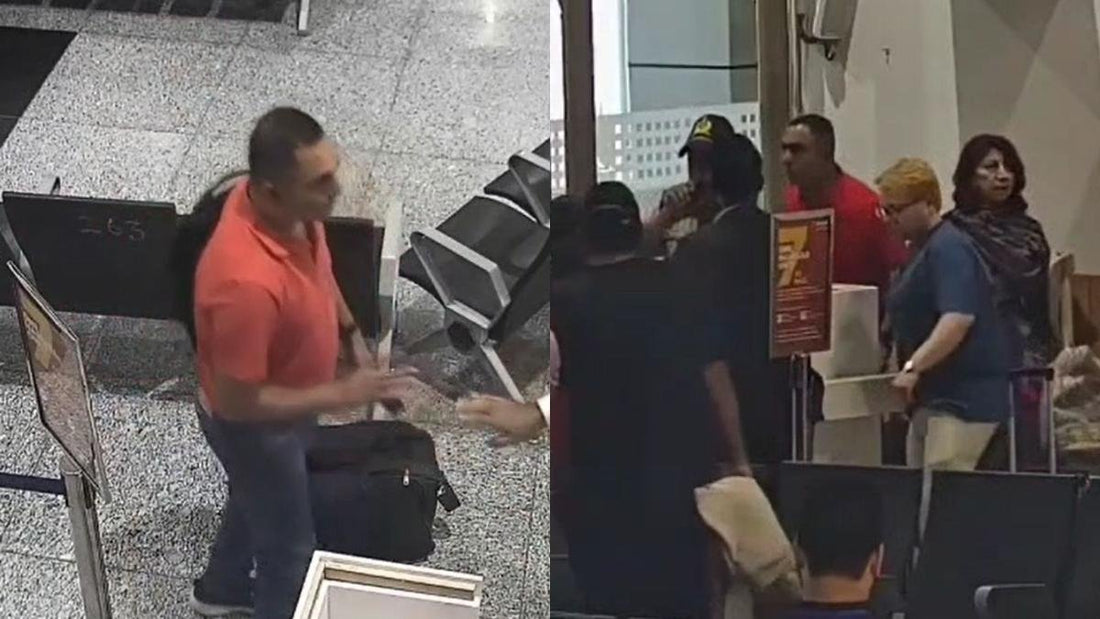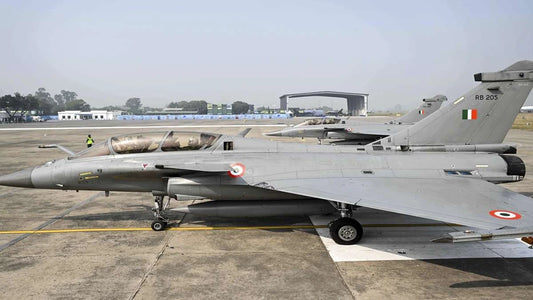Indian Army Officer Put on No-Fly List for 5 Years, Can Travel Only After 2030

The Directorate General of Civil Aviation (DGCA) has barred an Indian Army officer from flying for the next five years after he was found guilty of assaulting SpiceJet ground staff at Srinagar Airport. The incident, which occurred on July 26, has sparked widespread attention due to the violent nature of the altercation and the seniority of the officer involved.
According to reports, the officer, identified as a Lieutenant Colonel posted at the Army’s High Altitude Warfare School in Gulmarg, became aggressive after being asked to pay for excess cabin baggage. The argument quickly escalated, with the officer allegedly punching, kicking, and even striking the staff with a queue stand. Among the injured were SpiceJet’s Mudasir Ahmad, who suffered severe spinal fractures, and another staffer who sustained jaw injuries.
The incident prompted SpiceJet to impose its own five-year flying ban on the officer, labeling him as “unruly.” This internal airline decision was later reinforced by the DGCA, which extended the restriction across all Indian carriers, both domestic and international. The officer is now effectively grounded from air travel until 2030.
An FIR was filed against the officer following the incident, and the Indian Army, while acknowledging the seriousness of the matter, assured that it remains committed to the highest standards of discipline. Notably, the officer also lodged counter-FIRs against the airline staff, complicating the legal proceedings.
The case has once again highlighted concerns about passenger behavior and airline safety. Over the past five years, India has placed 379 passengers on the no-fly list, with 48 individuals added in 2025 alone up to July 30. The DGCA maintains that strict enforcement of these measures is necessary to deter unruly conduct and ensure the safety of both passengers and airline employees.
This unprecedented five-year ban against a serving Army officer marks one of the strictest actions taken by Indian aviation authorities in recent years. It also raises questions about accountability and conduct, especially for individuals in positions of authority. The officer will only be eligible to resume air travel in 2030, making this a case that will remain under public and institutional scrutiny for years to come.




















2 comments
Much appreciated. Political correctness later, sort them out, the moment they breach niceties. Very well done Sir
. Officer must have been rudely attended to.
. Both Indigo, Spice Jet front desk executives, supervisors, ground handlers have been encouraged to treat passengers rudely.
. Officers in the Armed Forces typically don’t have the luxury of pursuing complaints, FIRs, court proceedings. Typically long drwan over 6-7 years and even more.
. Given that he’s been booked and punished, wish he’d fractured both limbs of both who accosted him and ensured the others who ganged up lost a couple of teeth. An MCO type desk at Airports handling a lot of armed forces personnel movement on leave etc would be useful.
. A few more broken noses are needed to put these jokers in their place before they learn to respect Brothers in Arms
Good decision. Plz ban from all modes of travel. In army they take all credit of jawan. Good decision by aviation